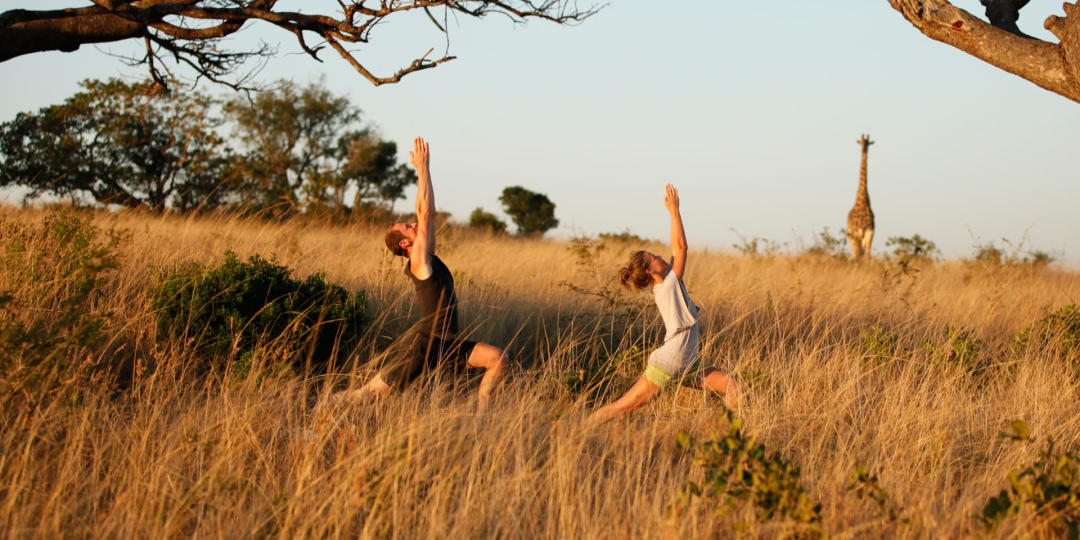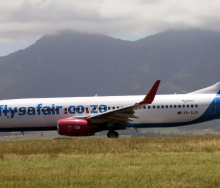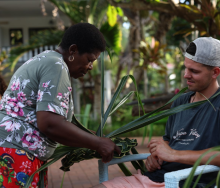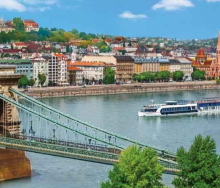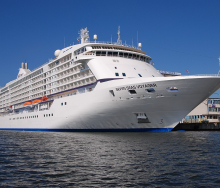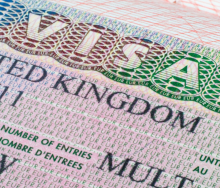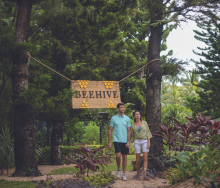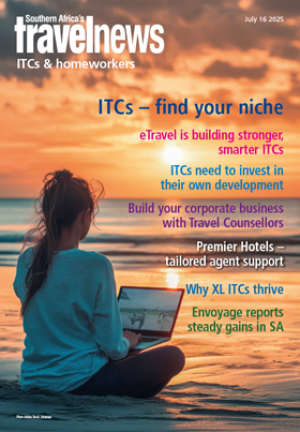Booking.com’s recently published report ‘Sustainable Travel in 2023,’ reveals a dilemma in which travellers potentially feel forced to choose between cutting costs and making more sustainable travel decisions.
The report uses survey data from a sample of 33 228 respondents across 35 countries, including South Africa.
Urgency
Travelling sustainably continues to be at the forefront of travellers’ minds.
According to the report, the urgency to act now and make more sustainable choices to conserve the planet for future generations has grown by 66% since 2022, and 80% of respondents confirmed that travelling more sustainably is important to them.
The report found that travellers’ exposure to social media and news about how climate change has impacted the world influences them to explore more sustainable travel choices.
Cost and conscience
Consumers say the global energy crisis and the rising cost of living is impacting their spending plans, and for some the two are mutually exclusive. 49% believing more sustainable travel options are too expensive (an increase of 11% from Booking.com’s 2022 data). For these respondents, sustainability and travel combined can seem non-urgent when they are worried about affording bills during the energy crisis.
43% of travellers would be willing to pay more for travel options with a sustainable certification, dialling up their spend to feel reassured that they are driving impact.
Nearly half (49%) want discounts and economic incentives in order to opt for eco-friendly options (up 12% from 2022) while 42% would be encouraged to travel more sustainably with reward points for making more sustainable choices that they could use for free extra perks or discounts through online travel booking sites.
Barriers
Limited information on sustainable travel options means that despite their good intentions, 44% of travellers don’t know how or where to find them and 51% felt there were not enough sustainable options.
Up to 75% of respondents are now looking for authentic experiences which represent local cultures and, tours and activities which give back to local communities, but 40% of respondents said they do not know where to find them.
Responsible travel
According to the report 59% of respondents are more determined to make sustainable choices when they travel.
Sustainable steps taken by respondents when they are on holiday include turning off air conditioning in their accommodation when they are not there (67%), reusing the same towel multiple times (60%), using their own reusable water bottles (55%), turning off lights and appliances in accommodation when they are not there (77%), recycling rubbish while travelling (45%) and opting out of having their room cleaned every day (40%).
Others include planning to join bicycle, walking or public transport tours, travelling outside of peak seasons to avoid overcrowding, and shopping locally in local independent stores.
Regenerative travel
Travellers with a conscience are increasingly searching for holidays with maximum positive impacts on surrounding environments and communities.
The report found that 69% wanted the money they spend to go towards the local community and 66% say they want to leave the places they visit better than when they arrived.
Activities and tours which protect the natural environment, boost local economies and, preserve wildlife and natural habitats are considered more sustainable forms of travel
Truth and trust
As travellers become more responsible, from their accommodation to transport choices, they are looking for credible assurance of sustainability when booking for their travel experience. However, 39% don’t trust that the travel options labelled sustainable are truly more sustainable than the non-sustainable options.
Because of this, 69% of respondents said they were interested in learning more about how and why specific locations are recognised as sustainable.
59% want filtering options with a sustainability certification when they look for options.
In response to this demand, the report recommends that the travel industry adapt to gain the trust and meet the changing expectations of these more conscience-driven travellers.
